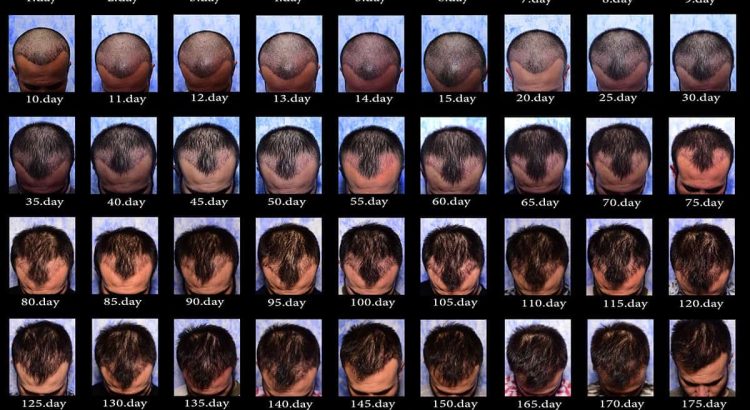Contents;
Hair transplantation is a beneficial solution for individuals facing hair loss or thinning. However, ensuring a successful outcome requires proper preparation, post-surgery care, and long-term maintenance. In this blog post, we will provide you with valuable guidelines and tips to optimize your hair transplant journey. From preparing yourself mentally and physically for the procedure to managing discomfort and pain, promoting hair growth, preventing infection and complications, and maintaining a healthy scalp, we have you covered. Additionally, we will share some essential tips for long-term hair care to help you enjoy your new mane to the fullest. Let’s dive in!
Preparing For A Hair Transplant
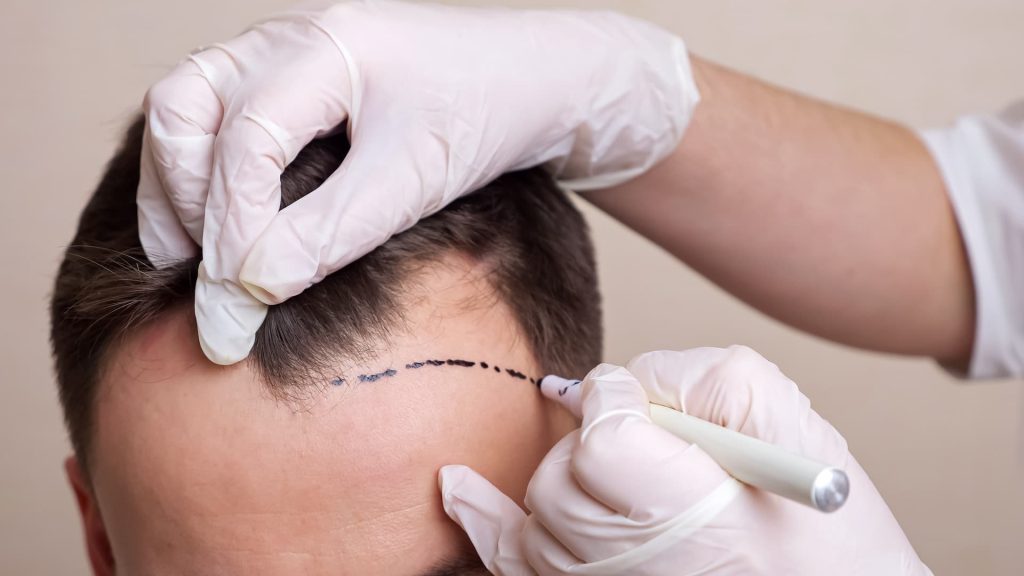
Preparing for a hair transplant is an essential step towards achieving successful results. Before undergoing the procedure, there are a few important considerations to keep in mind. First and foremost, it is crucial to choose a reputable and experienced surgeon who specializes in hair transplantation. Research their qualifications, read patient reviews, and schedule a consultation to discuss your expectations and concerns. This will help you gain valuable insights into the process and determine if you are a suitable candidate for the procedure.
Next, it is necessary to follow any pre-operative instructions provided by your surgeon. This may include refraining from certain medications or supplements that could potentially interfere with the healing process or cause complications. Additionally, it is advisable to quit smoking before the surgery, as smoking can significantly impact the success of the transplant.
Furthermore, it is important to prepare yourself mentally and emotionally for the procedure. While a hair transplant can greatly improve your self-confidence and appearance, it is also important to have realistic expectations. Understand that the final results may take several months to fully develop, and be prepared for potential temporary shedding of transplanted hairs before new growth begins.
Guidelines For Post-Surgery Care
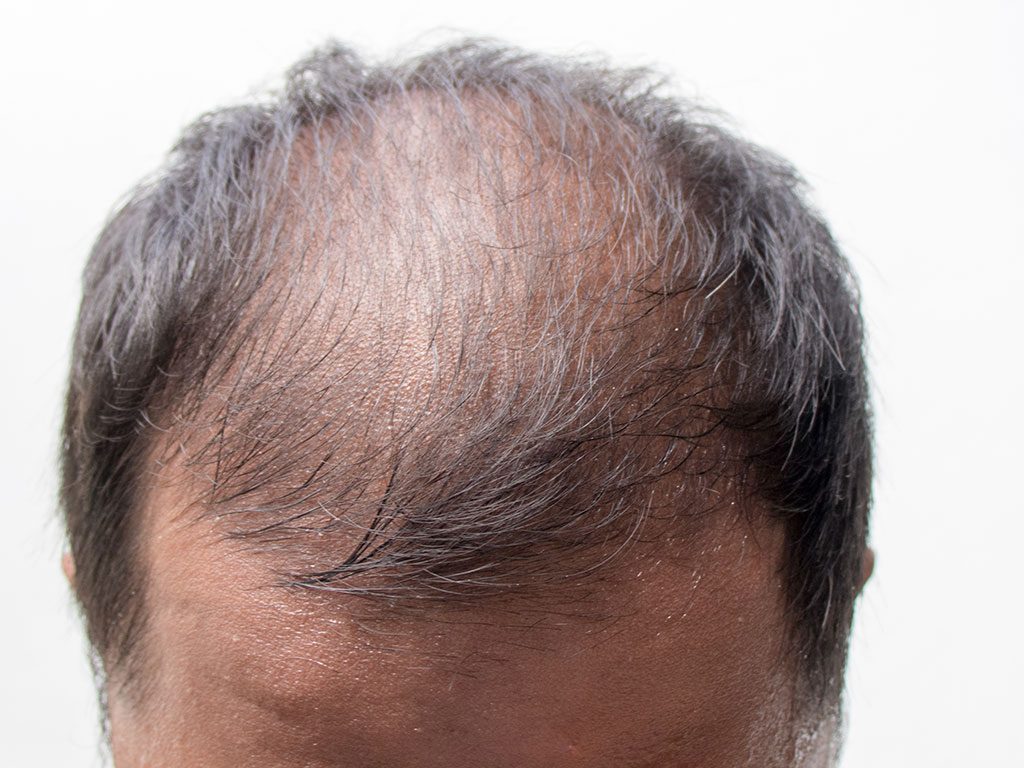
After undergoing a hair transplant procedure, it is crucial to follow the guidelines for post-surgery care to ensure optimal results and a smooth recovery. Proper care during this period plays a significant role in promoting healing, reducing the risk of complications, and maximizing the success of the transplant. Here are some important guidelines to follow:
1. Keep the scalp clean and dry: It is important to avoid washing your hair for the first 48 hours following the surgery to allow the transplanted grafts to settle. After this initial period, you can start gently washing your scalp with a mild shampoo recommended by your surgeon. It is essential to be gentle and avoid rubbing the scalp vigorously. Moreover, it is advised to pat dry the scalp gently instead of using a hairdryer to prevent damage to the newly transplanted follicles.
2. Avoid direct sunlight and excessive heat exposure: Exposure to direct sunlight or excessive heat can be detrimental to the healing process and may lead to complications. It is recommended to stay out of the sun as much as possible and avoid using hot styling tools on your hair for at least two weeks after the surgery.
- 3. Follow a prescribed medication regimen: Your surgeon may prescribe certain medications to accelerate healing and minimize the risk of infection. These may include antibiotics, anti-inflammatory drugs, and painkillers. It is crucial to follow the prescribed regimen diligently and complete the full course of medication.
| 4. Avoid strenuous activities and exercise: | 5. Sleep in an elevated position: |
|---|---|
| Avoid engaging in strenuous activities, such as heavy lifting, intense workouts, or contact sports, for at least two weeks following the surgery, as these can increase the risk of bleeding and dislodge the grafts. Light exercises like walking are generally allowed after a few days but consult your surgeon for specific recommendations. | Sleeping in a slightly elevated position, using an extra pillow or propping your head up with cushions, can help reduce swelling and promote better blood flow to the scalp, aiding in the healing process. |
6. Avoid smoking and alcohol consumption: Smoking and excessive alcohol consumption can hinder the healing process and negatively impact the growth of new hair follicles. It is advised to refrain from smoking and limit alcohol consumption for at least two weeks after the surgery.
7. Attend regular follow-up appointments: Regular follow-up appointments with your surgeon are vital to monitor your progress, assess the healing process, and address any concerns or questions you may have. These appointments allow your surgeon to make necessary adjustments to your aftercare routine based on your individual needs.
By following these guidelines for post-surgery care, you can optimize your hair transplant recovery and increase the chances of successful hair growth. Remember to consult your surgeon for specific instructions tailored to your specific case, as every individual’s recovery process may vary.
Managing Discomfort And Pain
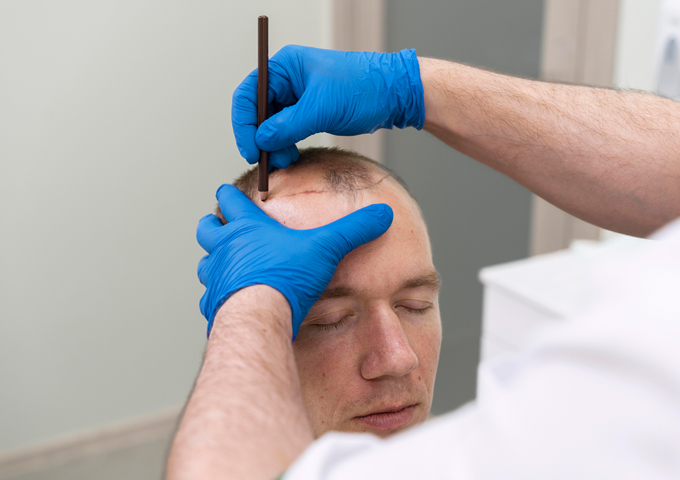
Undergoing a hair transplant surgery can be an exciting and life-changing experience. However, it is not without its challenges. One of the common concerns after the surgery is discomfort and pain. Hair transplant recovery involves managing these discomforts effectively to ensure a smooth healing process.
First and foremost, it is important to follow the post-surgery care guidelines provided by your surgeon. These guidelines typically include taking prescribed medications to alleviate pain and reduce swelling. It is crucial to take the medications as instructed to maximize their effectiveness in managing discomfort.
In addition to medication, there are other measures you can take to manage discomfort and pain during the recovery period. Applying ice packs or cold compresses to the treated area can help reduce swelling and numb the area, providing relief from pain. Just make sure to wrap the ice packs in a cloth or towel to avoid direct contact with the skin.
Promoting Hair Growth After Surgery
After undergoing a hair transplant surgery, it is crucial to promote hair growth to achieve the desired results. Following the proper post-surgery care guidelines and adopting a healthy hair care routine can significantly contribute to promoting hair growth and enhancing the overall outcome of the procedure.
One key aspect in promoting hair growth after surgery is to gently wash the scalp. It is important to clean the scalp regularly to remove any dirt or excess oils that may hinder the hair growth process. However, it is essential to be cautious and avoid using strong shampoos or harsh chemicals that can irritate the scalp. Instead, opt for a mild, sulfate-free shampoo and gently massage it into the scalp using your fingertips.
In addition to proper cleansing, incorporating a balanced diet can also play a significant role in promoting hair growth after surgery. Foods rich in vitamins, minerals, and proteins are essential for healthy hair growth. Include foods such as eggs, fish, nuts, fruits, and vegetables in your diet to provide the necessary nutrients for hair follicles to thrive.
- Furthermore, it is vital to avoid any habits that can potentially impede the growth of new hair follicles. Stay away from smoking and excessive consumption of alcohol as they can have a negative impact on hair growth. Additionally, avoid using heat styling tools, such as curlers or straighteners, as they can cause damage and hinder the growth of new hair.
- Incorporating regular scalp massages can also contribute to promoting hair growth after surgery. Massaging the scalp stimulates blood circulation, nourishes hair follicles, and encourages the growth of new hair. You can use a natural oil, such as coconut or jojoba oil, and gently massage it into the scalp in circular motions for a few minutes each day.
Lastly, it is important to stay patient during the hair transplant recovery period. Hair growth takes time, and it is essential to give your scalp sufficient time to heal and for new hair to start growing. It is normal to experience some shedding of transplanted hair initially, but it will gradually grow back stronger and healthier.
| Key Points to Promote Hair Growth After Surgery: |
|---|
| 1. Gently wash the scalp with a mild shampoo. |
| 2. Follow a balanced diet rich in nutrients. |
| 3. Avoid smoking, alcohol, and excessive heat styling. |
| 4. Incorporate regular scalp massages using natural oils. |
| 5. Be patient and allow time for hair growth. |
Preventing Infection And Complications
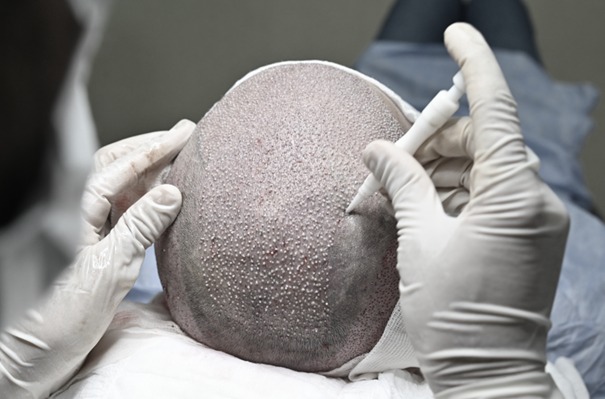
After undergoing a hair transplant surgery, it is crucial to take proper precautions to prevent infections and complications. The initial few days after the procedure are particularly important as the hair follicles are healing. To minimize the risk of infection, it is essential to keep the scalp clean and hygienic. Follow the specific instructions given by your surgeon regarding post-surgery care, including washing your scalp with a mild, non-irritating shampoo. Avoid scratching or picking at the transplanted area to prevent introducing bacteria or causing damage to the newly implanted hair follicles.
It is common to experience some swelling and redness after a hair transplant. However, if the swelling or redness worsens or persists for an extended period, it is crucial to consult your surgeon as it could be a sign of infection or other complications. To further prevent infections, it is advisable to avoid excessive sun exposure and protect your scalp with a hat or sunscreen when going outside. Additionally, refrain from using any hair styling products or harsh chemicals on your scalp for at least a few weeks post-surgery.
Furthermore, maintaining a healthy lifestyle can also contribute to preventing infections and complications. Ensure you consume a balanced diet rich in vitamins and minerals that promote hair health. Vitamin C, zinc, and biotin are particularly beneficial for hair growth and wound healing. Stay hydrated and avoid smoking and excessive alcohol consumption, as they can hinder the healing process and weaken the immune system, making you more susceptible to infections.
- Table: Tips for Preventing Infection and Complications
| Tip | Description |
|---|---|
| Follow Post-Surgery Instructions | Adhere to the guidelines provided by your surgeon for proper care and maintenance of the transplanted area. |
| Avoid Scratching or Picking | Resist the temptation to scratch or pick at the scalp, as it can introduce bacteria and damage the healing follicles. |
| Protect from Sun Exposure | Limit sun exposure and use a hat or sunscreen to protect your scalp from harmful UV rays. |
| Maintain a Healthy Lifestyle | Eat a balanced diet, stay hydrated, and avoid smoking and excessive alcohol consumption to support overall healing and immune function. |
Maintaining A Healthy Scalp
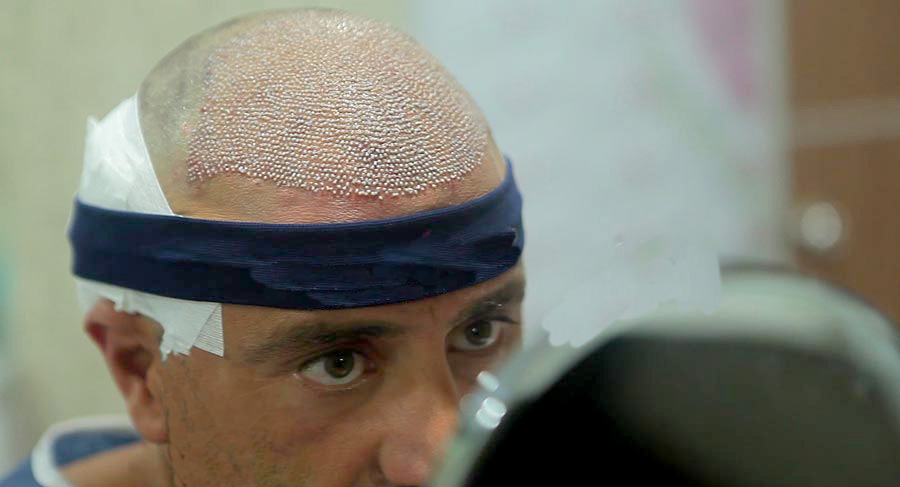
A healthy scalp is an essential foundation for maintaining strong and luscious hair. Whether you have undergone a hair transplant or not, taking care of your scalp should be a regular part of your hair care routine. Maintaining a healthy scalp not only promotes hair growth but also prevents scalp problems such as dandruff, itchiness, and dryness.
One of the most important practices for a healthy scalp is regular cleansing. It is recommended to shampoo your hair at least two to three times a week. This helps in removing dirt, excess oil, and product build-up, which can clog hair follicles and hinder healthy hair growth. When shampooing, make sure to massage your scalp gently to stimulate blood circulation and promote nutrient delivery to the hair follicles.
In addition to regular cleansing, it is crucial to keep your scalp moisturized to prevent dryness and itchiness. This can be done by using a conditioner after shampooing your hair. Look for a conditioner that is specifically formulated to moisturize and nourish the scalp. Applying a scalp moisturizer or oil on a weekly basis can also help in maintaining the health of your scalp.
- Proper nutrition plays a significant role in maintaining a healthy scalp. Your diet should include foods rich in vitamins, minerals, and proteins, as these nutrients are essential for hair follicles’ health. Incorporate foods such as leafy greens, fish, eggs, nuts, and seeds into your diet. Additionally, drinking an adequate amount of water each day helps to hydrate your scalp and promote a healthy environment for hair growth.
| Scalp Care Do’s: | Scalp Care Don’ts: |
|---|---|
|
|
Tips For Long-Term Hair Care
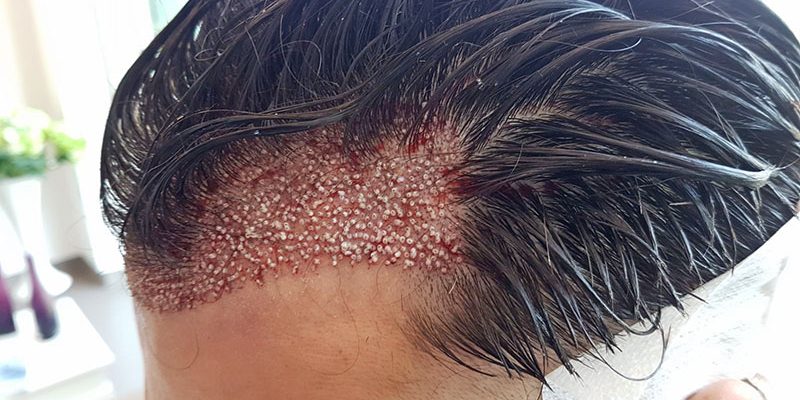
Long-term hair care is essential for maintaining the health and beauty of your hair, especially after undergoing a hair transplant. Whether you have just had a hair transplant or are looking to improve the overall condition of your hair, there are several tips that can help you achieve long-term hair care success.
1. Protect Your Hair from Damage: Avoid using excessive heat on your hair, such as blow dryers and flat irons, as this can lead to dryness and breakage. Instead, opt for air-drying or use heat protection products before styling. Additionally, protect your hair from harmful UV rays by wearing a hat or using products with UV filters.
2. Use the Right Hair Products: It is important to use hair products that are suitable for your hair type and condition. Choose shampoos and conditioners that are gentle, sulfate-free, and moisturizing. Look for products that contain ingredients like biotin, keratin, and vitamins to promote hair strength and growth.
3. Maintain a Healthy Scalp: A healthy scalp is essential for healthy hair. Regularly cleanse your scalp to remove dirt, excess oil, and dead skin cells. Consider using a mild exfoliating scalp scrub to promote blood circulation and stimulate hair follicles. Avoid excessive scratching or using harsh chemicals on your scalp.
- 4. Follow a Balanced Diet: Proper nutrition plays a crucial role in maintaining healthy hair. Include a variety of fruits, vegetables, lean proteins, and whole grains in your diet. Foods rich in vitamins A, C, E, and biotin can contribute to the overall health and growth of your hair.
| 5. Stay Hydrated: | Drinking an adequate amount of water is important for hair growth and overall health. It helps to flush out toxins, keeps your scalp hydrated, and improves hair texture and shine. |
6. Avoid Overstyling: Excessive styling, including tight ponytails, braids, and hair extensions, can cause strain and damage to your hair. Opt for loose hairstyles that do not pull on your hair follicles. Give your hair regular breaks from styling tools and treatments.
7. Regular Trims and Maintenance: Keep your hair free from split ends and breakage by regularly trimming your hair. This promotes healthy hair growth and prevents further damage. Additionally, consider using deep conditioning treatments and hair masks to nourish and hydrate your hair.
8. Manage Stress: Stress can lead to hair loss and poor hair health. Practice stress management techniques such as exercise, meditation, and getting enough sleep. Take time for self-care and relaxation to promote overall well-being, which will reflect in the health of your hair.
9. Avoid Smoking and Excessive Alcohol: Smoking and excessive alcohol consumption can have negative effects on your hair, causing it to become dry, brittle, and prone to breakage. It is best to limit or quit these habits to maintain the health of your hair.
10. Consult a Hair Care Professional: If you have specific concerns about your hair or are unsure about the best products and routines for your hair type, consult a professional hair care specialist. They can provide personalized advice and recommend suitable treatments or products to meet your needs.
Frequently Asked Questions
Example Question: How can I prepare for a hair transplant?
To prepare for a hair transplant, it is important to consult with a qualified hair transplant surgeon who can assess your eligibility and provide personalized recommendations. In general, you may be advised to stop certain medications, avoid smoking and alcohol, and follow a healthy diet to promote hair growth and overall health.
What guidelines should I follow for post-surgery care after a hair transplant?
After a hair transplant, it is crucial to follow the guidelines provided by your surgeon. These may include avoiding vigorous physical activities, protecting the scalp from direct sunlight, avoiding tight hats or headbands, and gently washing the scalp with a mild shampoo as instructed. It is also important to take any prescribed medications and attend follow-up appointments.
How can I manage discomfort and pain after a hair transplant?
It is normal to experience some discomfort and pain after a hair transplant, but it can be managed with over-the-counter pain relievers recommended by your surgeon. Applying cold compresses to the scalp and avoiding activities that may cause strain or pulling on the scalp can also help minimize discomfort.
What can I do to promote hair growth after a hair transplant?
To promote hair growth after a hair transplant, it is important to follow a healthy lifestyle and maintain a balanced diet. Eating foods rich in vitamins, minerals, and proteins can support hair growth. Additionally, following the post-surgery care guidelines, taking prescribed medications, and attending regular follow-up appointments can help promote successful hair growth.
How can I prevent infection and complications after a hair transplant?
To prevent infection and complications after a hair transplant, it is crucial to follow proper hygiene practices. This includes keeping the scalp clean, avoiding scratching or picking at the transplanted area, and avoiding exposure to potentially contaminated environments. It is also important to take any prescribed antibiotics or antiseptic treatments as instructed by your surgeon.
What can I do to maintain a healthy scalp after a hair transplant?
To maintain a healthy scalp after a hair transplant, it is recommended to gently cleanse the scalp using a mild shampoo as instructed by your surgeon. Avoiding harsh hair products, excessive heat styling, and tight hairstyles can also help maintain the health of the scalp. Regular scalp massages and using a wide-toothed comb can improve blood circulation and promote a healthy scalp.
What are some tips for long-term hair care after a hair transplant?
For long-term hair care after a hair transplant, it is important to protect the transplanted hair from excessive sun exposure by wearing a hat or applying sunscreen. Avoiding harsh chemical treatments, such as perming or bleaching, can help maintain the strength and quality of the transplanted hair. Regularly trimming the ends, using a wide-toothed comb, and avoiding tight hairstyles or traction on the hair can also contribute to the long-term health of the transplanted hair.
